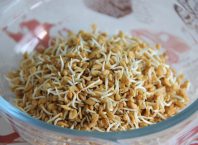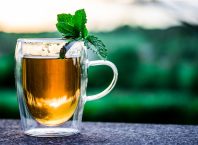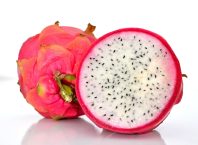Table of Contents
For those who are into muscle building practice will know the difficulty of doing so. It requires grave changes in diet and lifestyle. Maintaining a strict routine in terms of diet includes incorporating or eliminating several food choices to meet your goals of building muscle mass. Traditionally, we have thought that building muscles need the assistance of meat consumption as a regular diet. Of course, its protein abundance makes it a preferable choice. But the confusion around the vegan diet’s capability to help build muscles is blurring away today. With a variety of high-calorie vegan food options and a proper plan, even vegetarians can increase strength.
Muscle Building and Testosterone
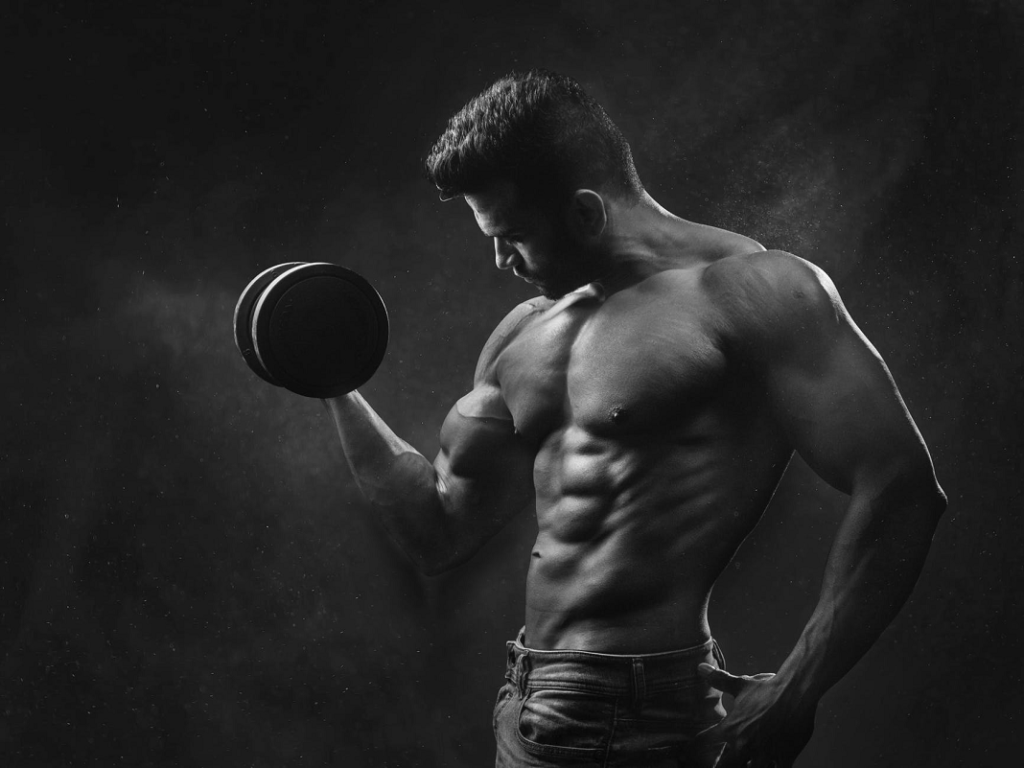
Before proceeding, it is essential to understand the importance of testosterone as the key hormones for muscle building. Testosterone hormones play a role in the development of secondary male sex characteristics like muscle mass, voice intensifying, fertility, bone density, physical energy, etc.
The hormone levels vary in the different stages of development. And each stage might carry a set of deficiencies, which you have to figure out to continue with the right exercise pattern and proper diet. Anabolic steroids help in increasing muscle mass and assist in treating low testosterone levels. As for diet, vegetables do not come to our mind immediately when we talk of increasing testosterone levels.
However, there are many options like cabbage and broccoli, which contains Indole-3-carbinol. Indole-3-carbinol helps in reducing estrogen and increase testosterone levels.
How to Build Muscles on a Vegetarian Diet?
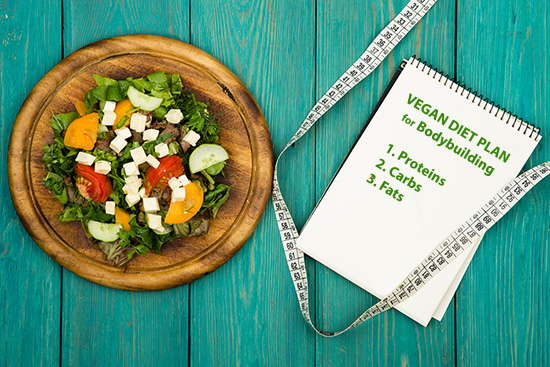
Here are 9 tips that can help create lean muscle and generate strength through a vegetarian diet.
Include Protein in Every Meal
Your protein intake should evenly spread out throughout the day in every meal. Generally, 20 to 35 grams per meal is sufficient. Keep in mind to maintain the quality of food. Proteins contain the essential amino acids better known as the ‘’building blocks of life’’.
If the training continues for more than five times a week, 1.2 to 1.7 gram of protein per kilo of body weight/per day will be enough. Nuts (walnuts, almonds, cashew nuts, pecans), seeds (sesame, hemp, sunflower, pumpkin), dairy products (milk, cheese, Greek yogurt), and beans are some great sources of protein which you can include in every meal.
Balance of Carbohydrate, Fats, and Proteins
For building lean muscles, you will need a correct balance of carbs, fats, and proteins. There has to be harmony between maintenance, muscle growth, and muscle recovery. Oats and sweet potatoes can work as complex carbs and provide energy. Avocado and nuts can keep your heart healthy and balance hormones. Chickpeas and lentils can keep you full for a longer time and help in recovering faster.
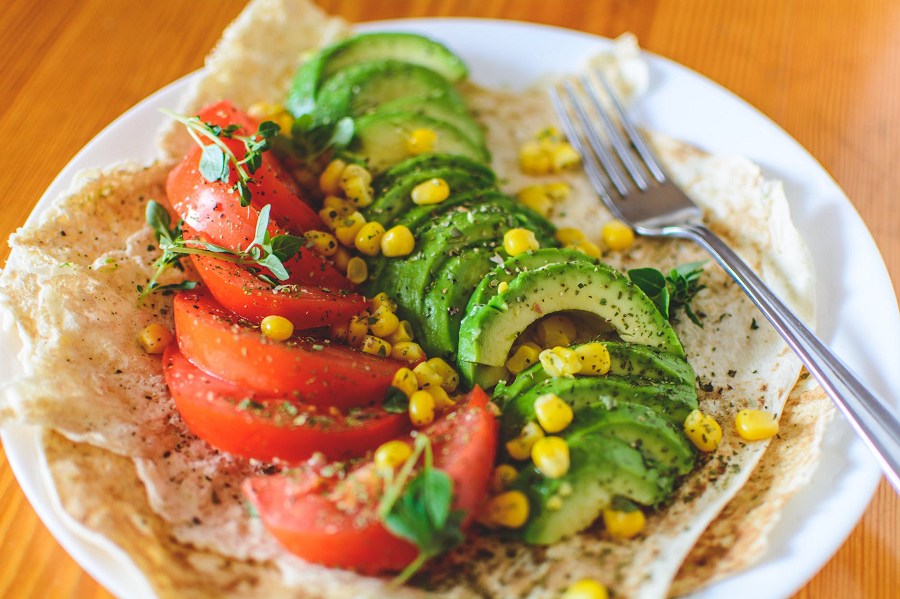
Eat Frequently
Refueling after half an hour post workout is crucial. Go for easy-to-digest carbohydrates like bananas, one ounce of dry roasted almonds, whole grain bread, cranberries, and tomatoes. Do not limit your carbs as these will provide energy to perform all other activities after rigorous heavy exercise. Make sure you have them in the right amount. Keep some protein bars, nuts or other seeds as natural quick bites during the day.
Include Iron
Keep your iron intake regular by including dark and leafy vegetables like spinach, silverbeet, and broccoli to maintain the metabolic process of your body. These vegetarian sources of iron are vital for the proper functioning of hemoglobin. And this is necessary to transport oxygen in the blood throughout the body. Iron increases energy and enhances athletic performance.
Choose Healthy Oil
Olive oil is a healthy essential oil having healthy monounsaturated fats, which are the best choice for an athlete. It promotes heart health by increasing good cholesterol and improve bone health. Try to include olive oil in your diet by mixing some into your salad dressing or in dips.
Micronutrients
Micronutrients include vitamins and minerals. It means you have to include a variety of fruits and vegetables that can supply sufficient vitamin A, B, C, D, magnesium, potassium, and zinc. These are necessary for producing enough energy and enhancing immune functioning. The activity of building muscles involves a lot of sweat loss. Nutrients like potassium sodium work as an electrolyte to recover the sweat loss. Research claims its contribution to sports and physical activities.
Maintain Hydration
Hydrating your body will help retain strength after strenuous workouts. Maintaining hydration will help in protein synthesis and nourish the joints to prevent pain. If you do not wish to drink plain water, go for healthy vegan smoothies and green shakes, which will strengthen your immunity.

Heavy Weights
Building muscle process is incomplete without including a weight lifting training session. No matter what your vegan diet is, strength training like squats and deadlifts will boost strength and build muscle faster.
Monitor Your Body Fat
Keep a check on your body fattime and again to know if your diet is assisting your workout. Monitoring your eating habits and right food intake benefits your muscle building efforts by allowing adjustments if necessary.
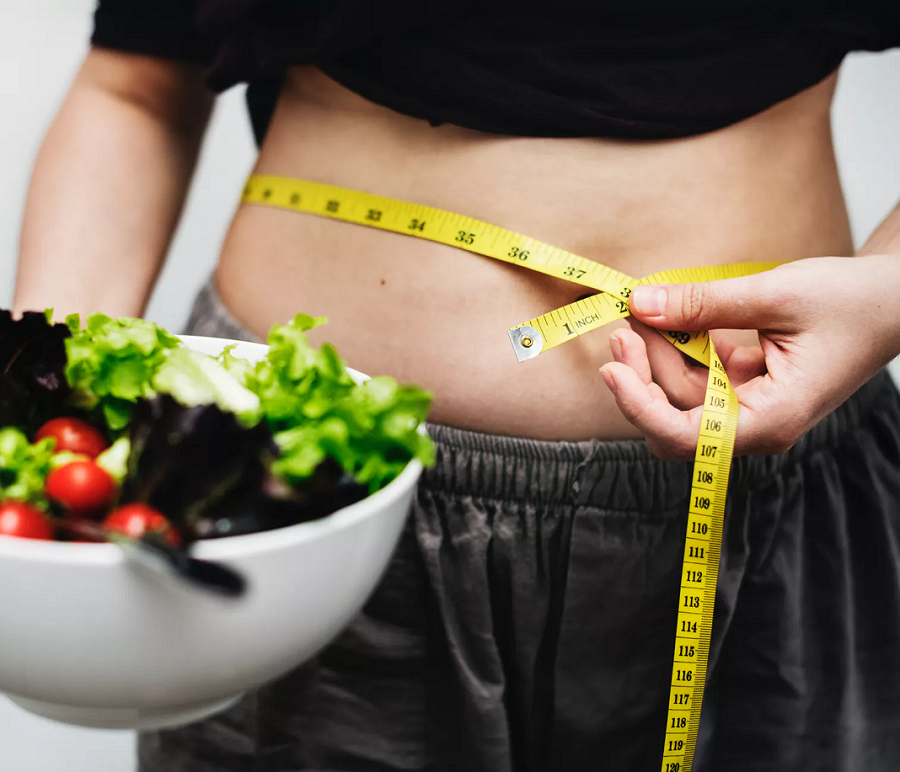
It’s all about your commitment to achieving your fitness goals. Keep reminding your purpose and surround yourself with people who support your choices.













